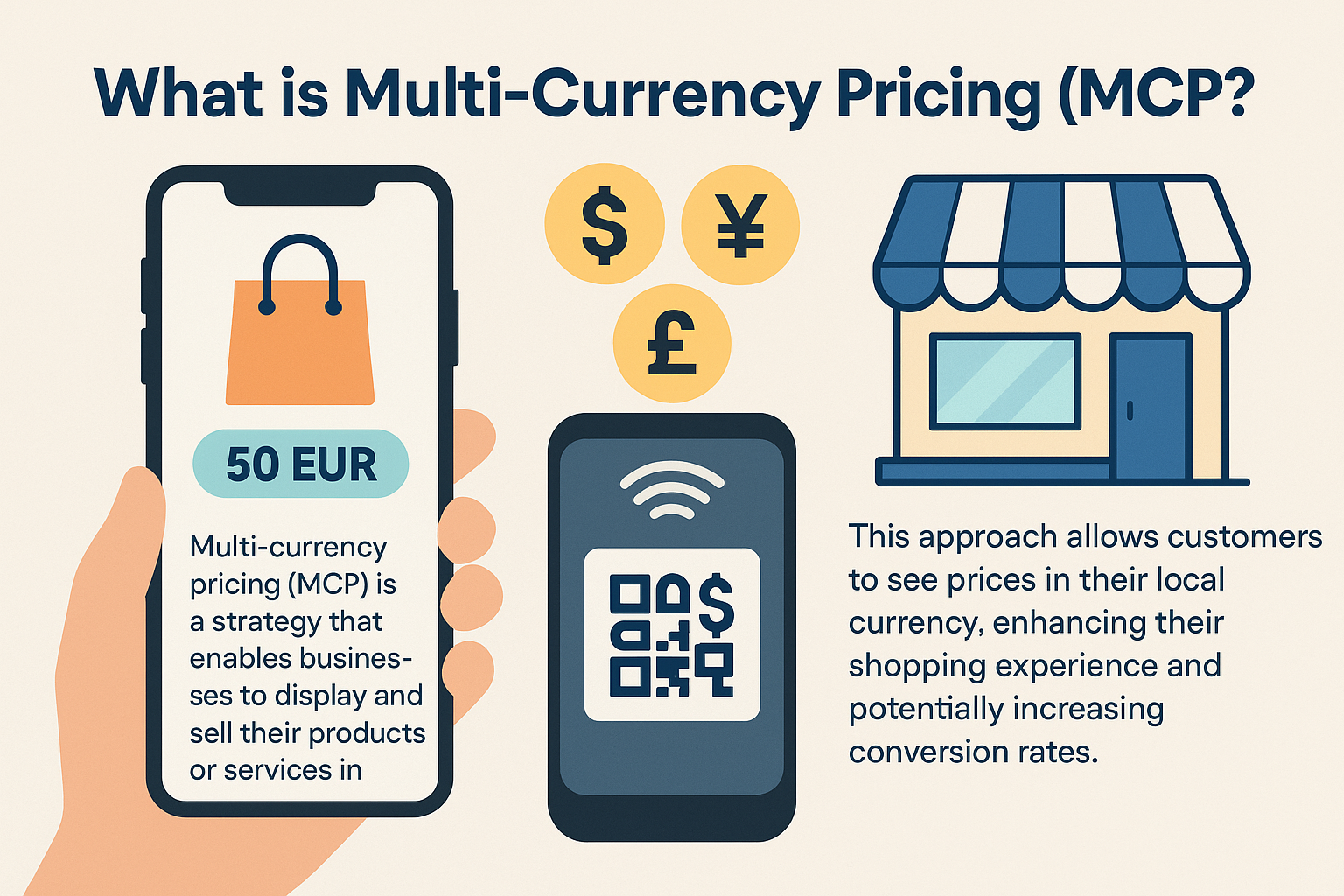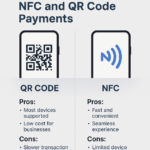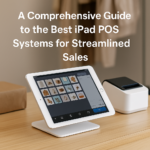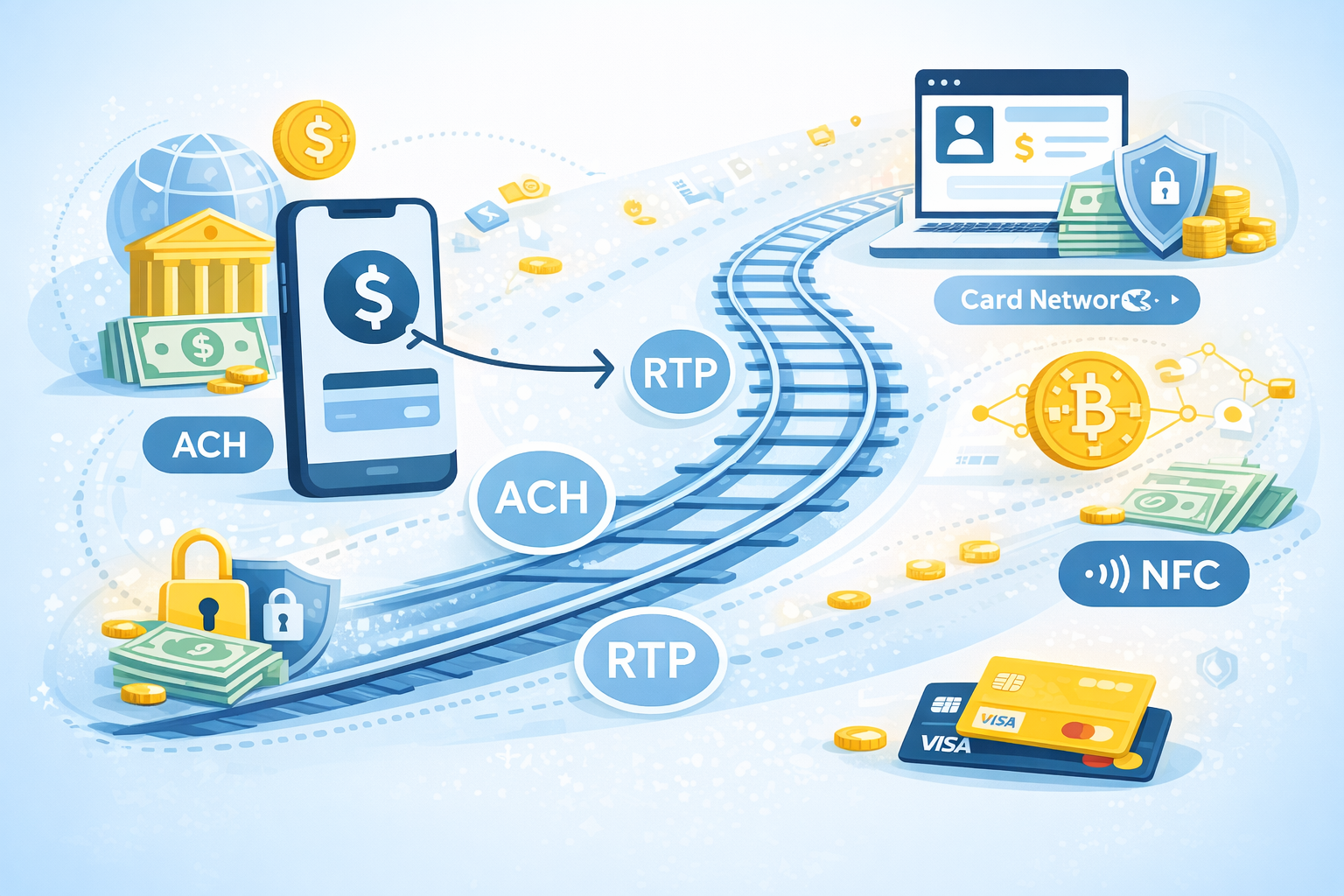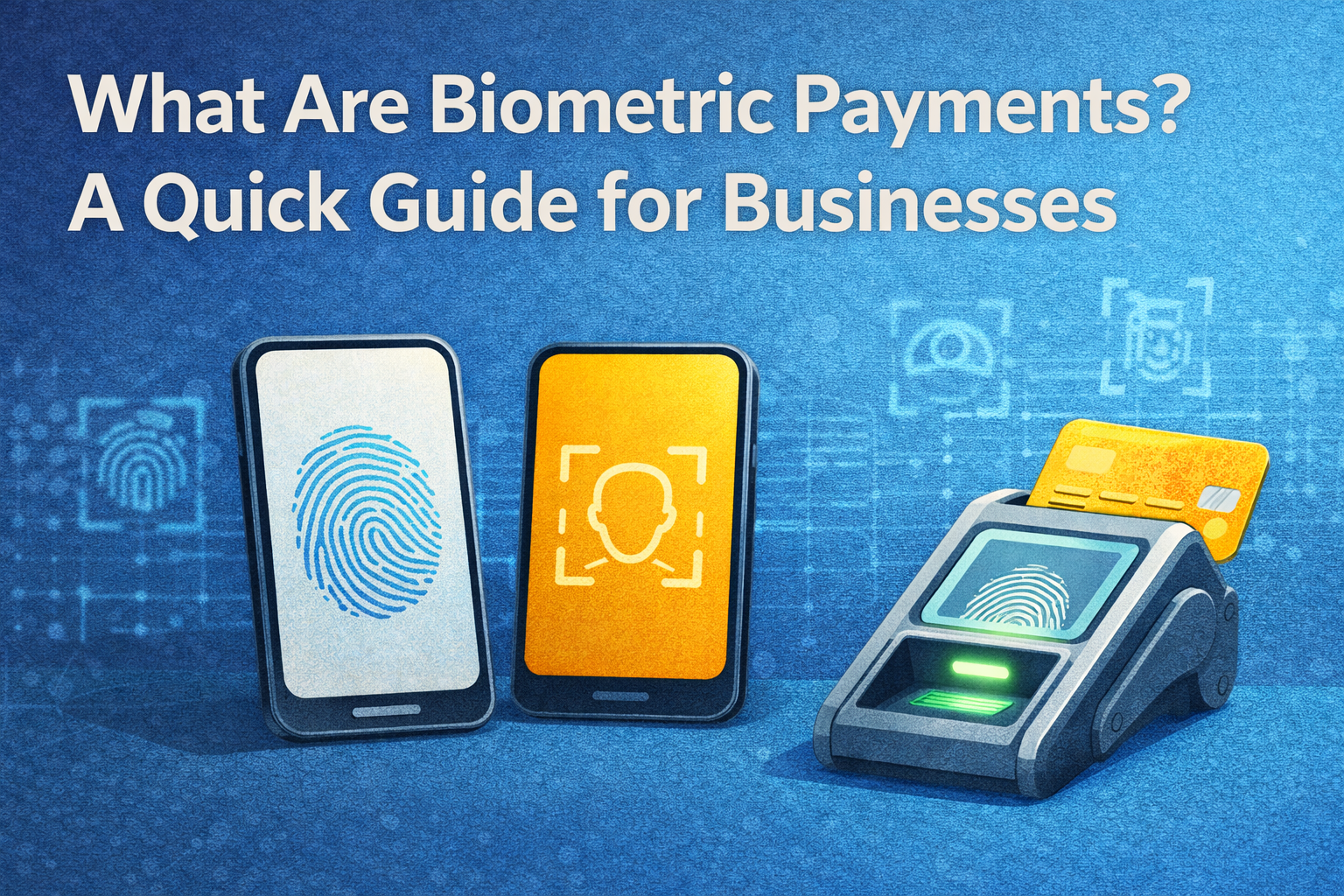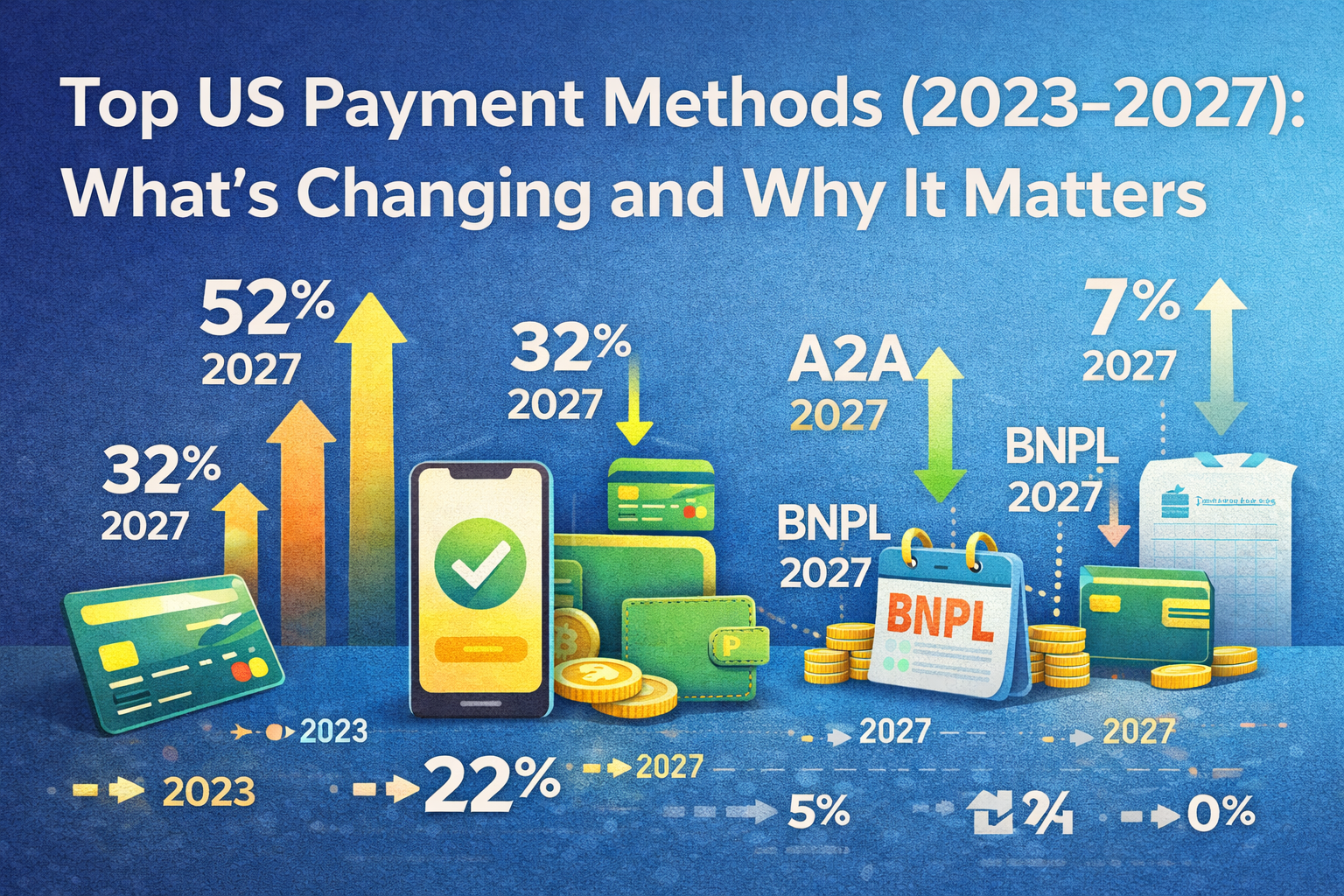Multi-Currency Pricing (MCP) is a payment processing platform enabling merchants to show product prices in international currencies used by customers in their local countries. This improves the buying experience as it minimizes confusion regarding currency conversion and provides consumers with confidence through price transparency.
Simply put, MCP allows international shoppers to see and pay for merchandise in their own currency while the merchant receives payments in their own base currency of choice. It’s a tactical solution to optimize cross-border payments and boost overseas sales.
How Does Multi-Currency Pricing (MCP) Work?
Knowing how MCP works can assist merchants in maximizing their global eCommerce strategy. Below is a detailed description:
Step 1: The Customer Visits the Merchant’s Site, and the Currency is Set
If the customer looks up a merchant website, then their location can be identified via IP address or browser configuration by the MCP system. Upon this basis, the proper local currency gets picked.
Step 2: Prices Adjust Automatically in Real-Time
MCP technology incorporates real-time exchange rates to convert the base price immediately to the local currency of the customer. This offers precise pricing, enhancing customer satisfaction and increasing confidence.
Step 3: Customer Browses and Pays for Items in Their Preferred Currency
Customers can view all prices in their local currency, shop confidently, and proceed to checkout using familiar monetary values. This eliminates the need for manual currency conversions and supports frictionless cross-border payments.
Step 4: Funds Are Settled in the Merchant’s Own Currency
When a price is made, the multi-foreign money multi-currency pricing solution mechanically exchanges the quantity to the merchant’s base currency, removing foreign alternate hazards and accounting complexity.
Advantages of Multi-Currency Pricing (MCP)
MCP has some strong blessings for corporations in search of enlarging their international customer base:
Improved Customer Experience
Customers are much more likely to make a purchase while charges are displayed in their local currency. It makes it clearer and instills self belief, which could decrease cart abandonment costs.
Increase in Global Sales
By providing localized pricing, corporations certainly remove one of the biggest hurdles to international income, unlocking new markets and driving sales through cross-border payments.
Accurate Pricing With Real-Time Conversion
MCP ensures prices are updated in real time according to current exchange rates. This minimizes the risk of discrepancies and ensures transparency.
Simplified Currency Conversion for Merchants
Merchants receive funds in their chosen currency, avoiding the complexity and costs of handling multiple foreign currencies.
Improved Checkout Conversion Rates
Thanks to localized payment processing solutions, shoppers are more likely to complete their purchase when the payment process feels familiar and seamless.
Reduced Chargebacks and Customer Support Inquiries
When pricing is clear and straightforward, there is less confusion, which leads to fewer disputes and lower chargeback rates.
Competitive Edge in International Markets
Offering multi-currency pricing can differentiate your brand in crowded marketplaces and enhance your reputation as a global business.
What Types of Businesses Need MCP?
While any enterprise with global clients can benefit from MCP, certain industries find it particularly valuable:
E-commerce Retailers
Online shops that deliver globally need to adopt MCP to increase conversion rates from international visitors.
SaaS and Subscription Services
Businesses that provide habitual billing benefit from MCP by permitting users to pay subscriptions in their local currency.
Travel and Hospitality Companies
Airlines, hotels, and tour groups serve worldwide clients and might increase bookings by providing localized pricing.
Digital Goods and Gaming Platforms
Digital marketplaces providing software programs, video games, or media content often appeal to a global target audience, making MCP vital for maximizing international reach.
Online Education and eLearning Platforms
With inexperienced persons worldwide, these systems can significantly benefit from providing local currency options to improve accessibility and enrollment rates.
Why MCP Is a Critical Cross-Border Payment Strategy
When businesses expand globally, managing international transactions will effectively become the highest priority. Pricing of several currencies is based on the gap between local consumer preferences and global activities. By activating seemingly cross -border payments and integrating advanced payment processing solutions, MCP provided the basis for international success for e -commerce.
How is MCP different from dynamic currency conversion (DCC)
While both MCP and DCC provide currency conversion, they seem different:
- MCP shows local prices before the box, producing openness and trust.
- DCC provides currency conversion at the point-of-sale systems, which often results in unexpected fees.
With MCP, customers have full clarity from the beginning, while traders maintain better control over the pricing strategy.
Conclusion
Multi-Currency Pricing (MCP) is not an add-on—it’s a business benefit for cross border global businesses. With benefits, including better user experience, high international conversion, and streamlined economic processes, MCP limits overruns are a requirement for companies that want to excel. Mixing MCP with strong payment processing solutions enables a localized checkout experience under the responsibility of business settlement currency.

